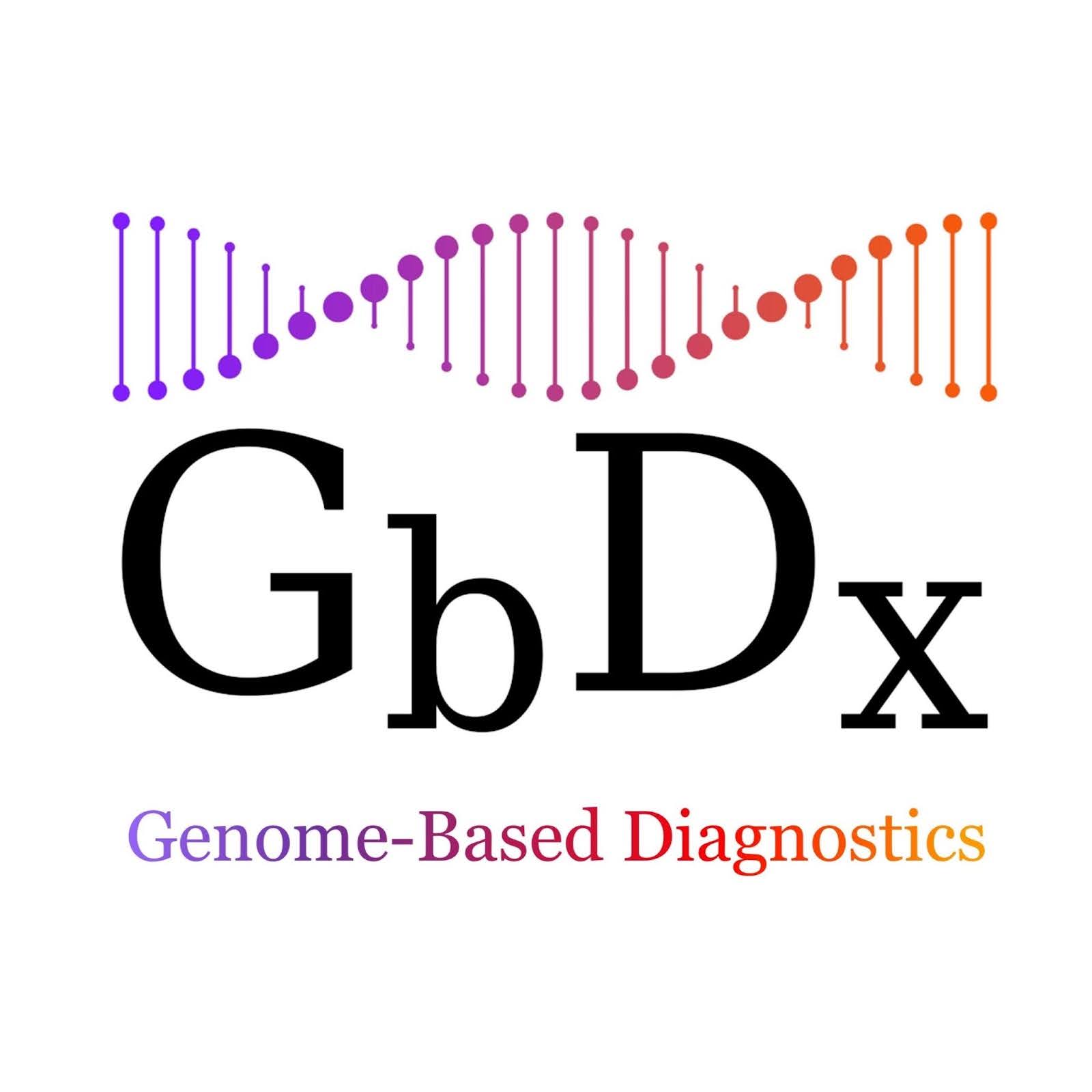Genome Based Diagnostics has introduced its proprietary Liquid Biopsy Kits, aimed at enhancing early cancer detection. These kits are set to be released later this quarter and represent a significant advancement in non-invasive diagnostic technology. The company, founded by Dr. Thomas Crisman, specializes in developing accessible testing solutions that utilize advanced DNA and RNA extraction techniques.
The liquid biopsy kits analyze first void urine, blood, and oral swabs, providing a more convenient alternative to traditional biopsy methods. This innovative approach allows for comprehensive genetic analysis with less invasiveness. “Our liquid biopsy kits are designed to detect cell-free DNA, RNA, and even tumor cells in various body fluids,” Dr. Crisman stated. He emphasized that their extraction techniques may yield sufficient genetic material, potentially improving the sensitivity and accuracy of early detection.
By analyzing genetic material from urine, blood, or oral swabs, these kits aim to identify early signs of cancer, facilitating timely intervention for clinicians and patients. Dr. Crisman noted, “Early detection is closely linked to survival outcomes. We aim to identify potential risks before symptoms emerge.” The goal is to provide actionable insights that could guide preventive measures and lead to clinical follow-up.
In addition to cancer detection, Genome Based Diagnostics plans to expand its capabilities to identify clinically relevant pathogens, including HPV in female first void urine samples and Epstein Barr DNA viral load in blood. While the kits will not detect every type of cancer initially, the focus will be on forms such as urothelial bladder cancer, prostate cancer, pancreatic adenocarcinomas, cervical, and kidney cancers.
Design and Accessibility of the Kits
Ease of use is a central aspect of the Genome Based Diagnostics kits. Patients can collect samples at home by following straightforward step-by-step instructions. The urine specimen collection kits are stable for up to seven days, while the oral kits can remain stable for up to sixty days. After collection, samples are processed in the company’s award-winning CLIA-certified laboratory, which operates within a strictly maintained self-sterilizing clean room.
“We adhere to rigorous standards for sample handling, personnel training, and protocol validation,” Dr. Crisman explained. He highlighted the company’s commitment to a transparent validation process that meets or exceeds traditional standards prior to the full market rollout of each test type, ensuring reliability and credibility.
While Genome Based Diagnostics approaches its claims with caution, Dr. Crisman believes that the liquid biopsy kits could significantly impact preventive healthcare. “So many lives are often lost due to a delayed cancer diagnosis. Liquid biopsy testing is a crucial step toward changing that,” he remarked.
Future Implications for Preventive Healthcare
As awareness regarding the importance of early cancer detection increases, the advanced Liquid Biopsy Kits from Genome Based Diagnostics offer patients a practical and non-invasive means to manage their health. The company aims to combine innovative laboratory techniques with low-cost, high-accessibility testing. This strategy allows patients to collect their specimens at home while remaining under the guidance of an oncologist.
Dr. Crisman stated, “Right now, next-generation sequencing data provides the most accurate results for cancer screening, analysis, and diagnosis, but it is an expensive process. Our testing aims to catch cases early when they are much more manageable and affordable, making it accessible to everyone.”
The introduction of these kits signifies a pivotal move towards easily accessible preventive healthcare, potentially transforming how patients approach early detection and personalized treatment. As the landscape of cancer diagnostics evolves, Genome Based Diagnostics positions itself at the forefront of this crucial shift, emphasizing the need for innovative solutions in the fight against cancer.







